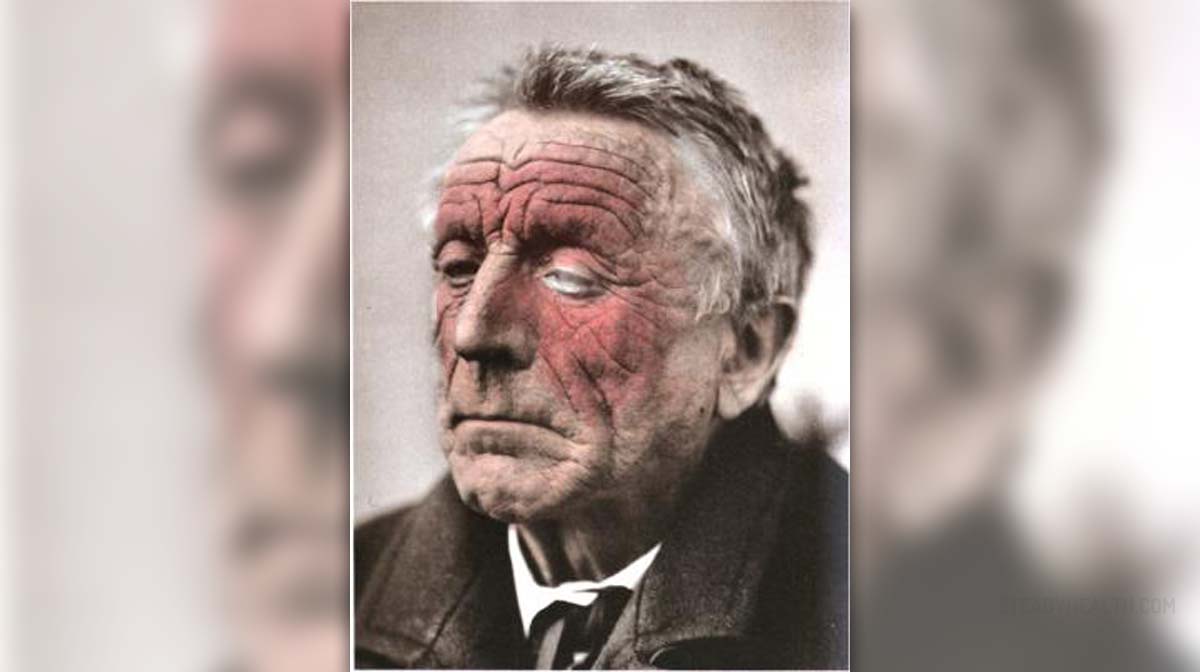
Having eczema anywhere on the body is bad enough, and if it appears on the face, the amount of stress and embarrassment is even bigger. Unlike flare-ups on the other parts of the body, eczema on the face is hard to conceal, which results in even more stress.
What is eczema?
Eczema is a form of dermatitis, which is an inflammation of the skin’s upper layers. It is a common condition, affecting approximately one in every nine people. Common forms of eczema include atopic dermatitis, contact dermatitis, xerotic eczema and seborrheic dermatitis. Some of the other, less common forms include discoid eczema, venous eczema, neurodermatitis and dyshidrosis.
General symptoms of eczema include redness and dryness of the skin, often with itching. The skin often becomes scaly, flaky, sometimes with scabs, cracks and with fluid oozing from it.
Atopic dermatitis is by far the most common form of eczema on the face, although seborrheic dermatitis often appears on the face and scalp as well.
Treatment for eczema on the face
One of the best natural ways to cure eczema is to prepare an oatmeal mask. The ingredients include one cup of unflavored oatmeal, half a cup of warm water and two teaspoons of honey. The ingredients are mixed together in a thick paste that should stay on the face for 20 minutes. Oatmeal reduces inflammation, redness and itching and honey is a natural antiseptic that works against bacteria.
Keeping the skin clean and moist at all times is vital for fighting eczema. The soap used for cleansing should be mild, free from perfumes and artificial colors. Cetaphil and Aquanil are some of the products that work really well.
Skin affected by eczema should be kept moist throughout the day, especially in the winter. Lotion or cream used for moisturizing should be gentle and fragrance-free, like Aveno, Eucerin and Aquafor.
As for the special creams and ointments that can be used for eczema, only certain types of itch-relieving products can be used, because the skin on the face is very sensitive. Topical steroids do relieve some of the symptoms of eczema, but they can have significant side effects, like rosacea, skin thinning and discoloration.
Local anesthetic creams also relieve symptoms of eczema, but they can trigger other problems, such as contact dermatitis.
It is recommended to consult a dermatologist before using any over-the-counter topical medication for eczema.
In order to prevent eczema flare-ups, it is recommended to avoid harsh chemicals, heavy make-up, alcohol and perfume on the face, and shave with an electric razor instead of a blade.
Water-filtering systems and slight diet modifications can help too.



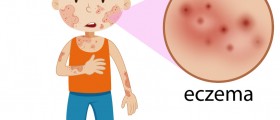
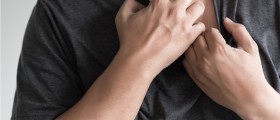
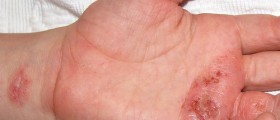

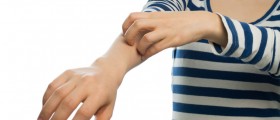
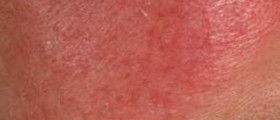
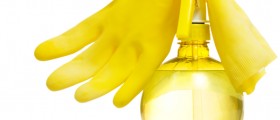
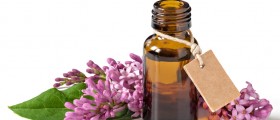
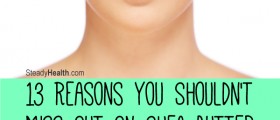
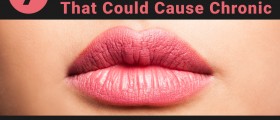
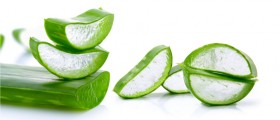

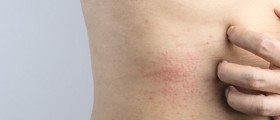
Your thoughts on this
Loading...